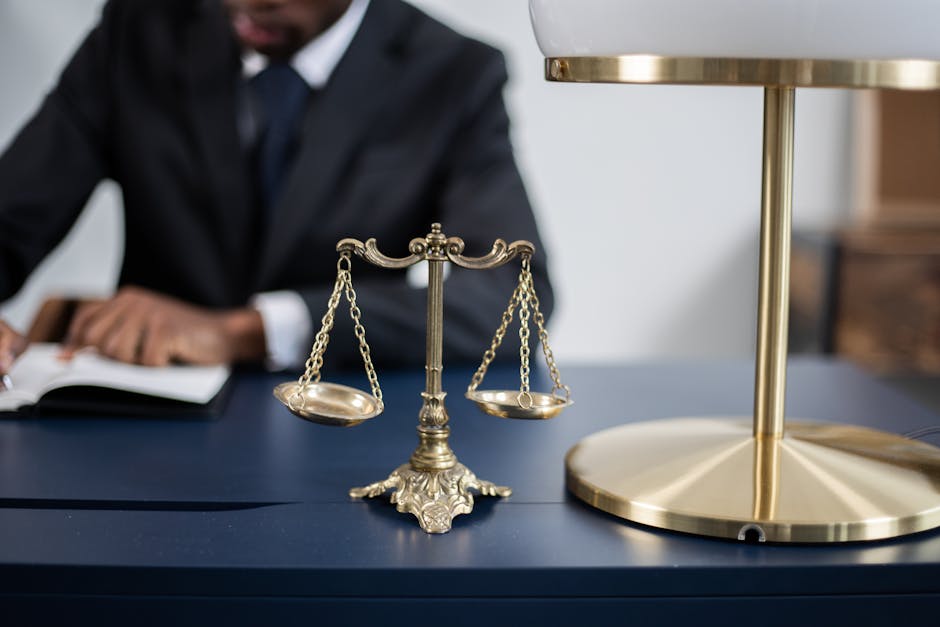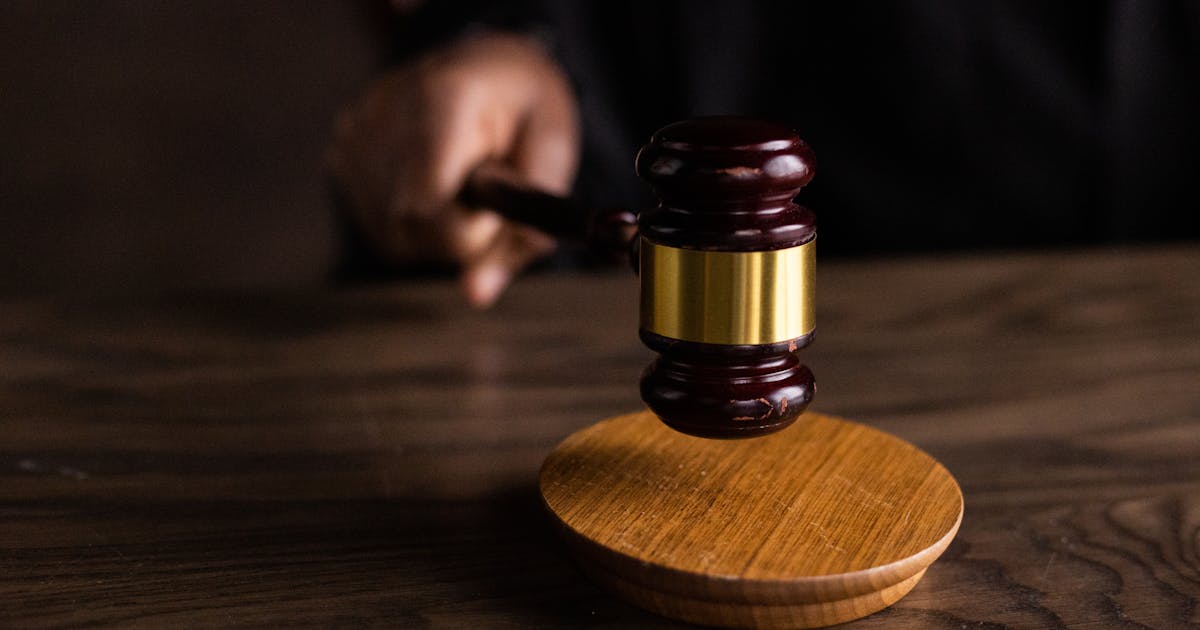Car wrecks can have devastating consequences, often leading to serious injuries, emotional distress, and financial burdens. When a car accident case goes to trial, it introduces various challenges that can significantly impact the outcome. Navigating the complexities of a car wreck trial requires not only a keen understanding of the law but also an experienced attorney who can adeptly manage the courtroom dynamics. In this article, we will explore some common challenges that arise during a car wreck trial and underscore the importance of having a lawyer who is seasoned in court and trial proceedings. According to the National Highway Traffic Safety Administration (NHTSA), comprehensive understanding of accident types and liability factors can significantly improve claim outcomes.
Understanding the Complexities of a Car Wreck Trial
Car wreck trials can be complex and multifaceted, often involving various legal issues and parties. Here are some of the primary challenges that may arise:
1. Establishing Liability
One of the first hurdles in a car wreck trial is establishing liability. In many cases, the parties involved may dispute who is at fault for the accident. This requires a thorough investigation and collection of evidence, including:
- Eyewitness Testimonies: Witnesses can provide crucial insights into the events leading up to the accident. However, their reliability may be challenged by opposing counsel, who might argue inconsistencies or biases in their accounts.
- Accident Reconstruction: Experts may be called upon to reconstruct the accident scene to provide an objective analysis of how the wreck occurred. This can be a complex process, involving technical data and simulations that must be communicated to a jury.
Legal Example: Smith v. Jones
In the case of Smith v. Jones, the plaintiff claimed that the defendant ran a red light, causing the collision. The defense, however, argued that the light was green when the defendant entered the intersection. Eyewitnesses provided conflicting testimonies, leading to the need for an expert accident reconstructionist to testify. Ultimately, the court found in favor of the plaintiff based on the expert's analysis, highlighting the importance of expert testimony in establishing liability.
2. Handling Insurance Company Tactics
Insurance companies often play a significant role in car wreck trials, as they represent the defendant and are motivated to minimize payouts. Common tactics employed by insurance companies include:
- Denying Claims: Insurers may attempt to deny liability altogether, citing reasons such as the plaintiff's policy exclusions or pre-existing conditions.
- Delaying Proceedings: Prolonging the trial process can pressure plaintiffs into accepting low settlement offers out of frustration or financial necessity.
Legal Example: Johnson v. ABC Insurance Co.
In Johnson v. ABC Insurance Co., the insurer employed delay tactics by filing multiple motions to dismiss, arguing that the plaintiff's injuries were not severe enough to warrant compensation. The plaintiff's attorney, experienced in dealing with insurance companies, effectively countered these motions and secured a favorable judgment. This case underscores the importance of having a lawyer who can anticipate and counteract insurance company strategies.
3. Presenting Medical Evidence
Medical evidence is often a cornerstone of car wreck trials, as it helps establish the extent of injuries and their impact on the plaintiff's life. However, presenting medical evidence can be challenging:
- Medical Expert Testimonies: Expert witnesses may be required to explain complex medical conditions and causation. Opposing counsel may attempt to discredit these experts by questioning their qualifications or challenging their conclusions.
- Pre-Existing Conditions: Defendants may argue that the plaintiff's injuries were pre-existing and not caused by the accident, complicating the plaintiff's case.
Legal Example: Davis v. Green
In Davis v. Green, the plaintiff suffered a herniated disc from a car accident. The defense argued that the injury was a pre-existing condition. The plaintiff's attorney successfully presented detailed medical records and expert testimony to demonstrate that the accident aggravated the pre-existing condition, leading to a verdict in the plaintiff's favor. This case highlights the need for a lawyer who can effectively present and defend medical evidence.
The Importance of Experienced Legal Representation
Given the complexities and challenges of car wreck trials, having an experienced lawyer is crucial for several reasons:
1. Courtroom Experience
An attorney who has been to court and trials before is familiar with courtroom procedures, rules of evidence, and the nuances of trial advocacy. This experience allows them to effectively present evidence, cross-examine witnesses, and argue motions, increasing the likelihood of a favorable outcome.
2. Strategic Planning
Experienced lawyers can anticipate potential challenges and develop strategies to address them. They can identify weaknesses in the opposing party's case, craft compelling arguments, and leverage expert witnesses to strengthen their client's position.
3. Negotiation Skills
A seasoned attorney understands the art of negotiation and can engage in settlement discussions with insurance companies from a position of strength. They can assess whether a settlement offer is fair and advise their clients accordingly.
An experienced lawyer who has been to court and trials before is indispensable in overcoming these challenges, ensuring justice is served, and the injured party receives the compensation they deserve. When faced with the complexities of a car wreck trial, entrusting your case to a knowledgeable attorney can make all the difference.
Related Resources
For more information on related topics, explore these articles:
- Bankruptcy After Car Accident Medical Bills: Options and Consequences
- Tractor-Trailer Accidents in Illinois: Laws, Cases, and Compensation
- Georgia Comparative Negligence Rules After Car Accidents
Frequently Asked Questions
Q3: How long does it take to receive a settlement payment?
A: Most settlements are paid within 2-6 weeks after signing the release. Complex cases with structured settlements may take longer to finalize the payment arrangement.
Q2: Can I negotiate the settlement amount?
A: Yes, initial settlement offers are almost always negotiable. Your attorney can provide counter-offers with supporting evidence to justify a higher amount.
Q1: What happens if I reject a settlement offer?
A: You have the right to reject any offer and proceed to trial. However, consider that trials involve more time, expense, and uncertainty compared to settlements.





